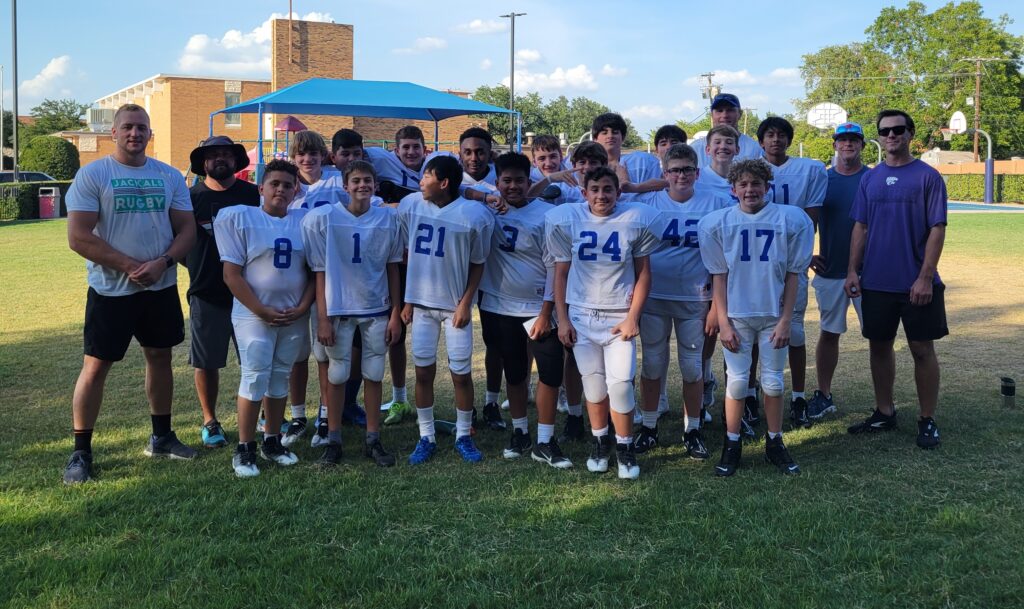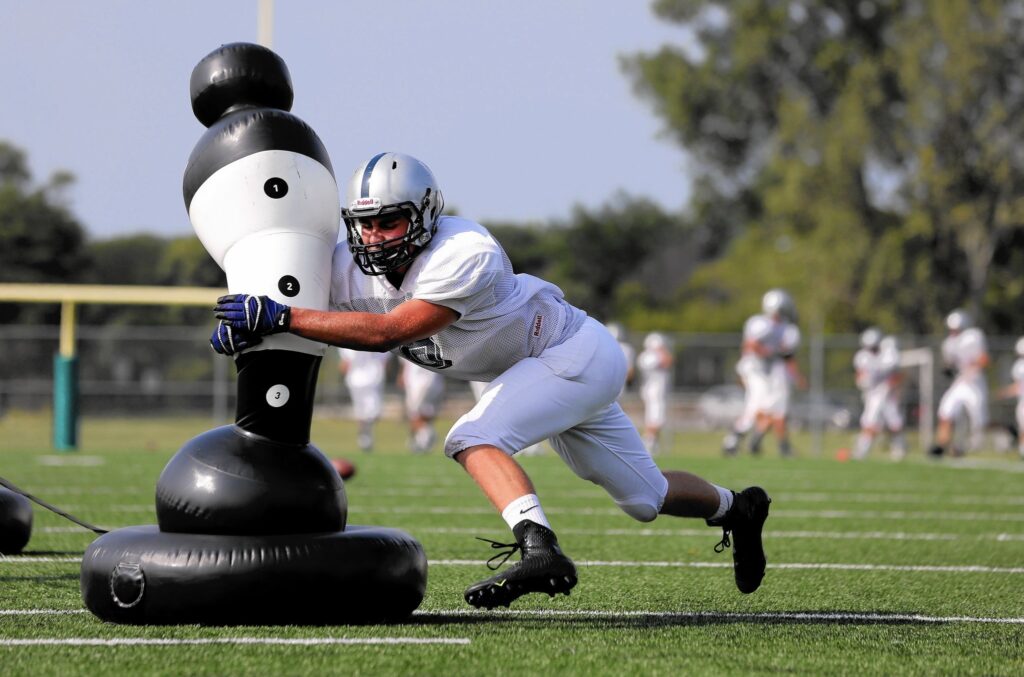
Sign up for Newsletter
Join our newsletter to receive offers and information on upcoming events.
New research from the Aspen Institute (2023) reveals a troubling trend: while 60% of kids participate in organized sports, nearly 40% of young athletes quit by age 11 due to overscheduling and stress. Yet the benefits – from improved mental health to better academic performance – remain undeniable.
At TackleSmart Sports, we’ve helped thousands of families navigate this challenge. Here’s our data-driven approach to creating a sustainable sports routine that keeps kids engaged without overwhelming parents.
Modern sports families are turning into logistics experts, and science proves systemization works. That University of Michigan study revealing 52% stress reduction isn’t surprising when you see how pro sports families operate. The magic lies in three layers: digital coordination (color-coded shared calendars), physical preparation (Sunday night gear staging in labeled bins), and predictive planning (using apps like TeamSnap to flag conflicts weeks ahead). NFL parents swear by their “travel tote” system – imagine having a football bag, baseball bag, and snack pack always prepped and ready by the door. This level of organization doesn’t just save time; it transforms chaotic mornings into smooth operations.
MIT’s eye-opening research shows how just three families cooperating can slash drive time by 65% while making a real environmental impact. The secret? Modern tools that remove the hassle. A simple WhatsApp group becomes your dispatch center, where you can assign rides based on shifting work schedules (“I’ve got Tuesdays if you handle Thursdays”). Apps like GasBuddy automatically calculate and split fuel costs, eliminating awkward money conversations. Beyond the practical benefits, these carpools often become support networks where parents share tips and kids build friendships. It’s transportation transformed into community building.
Those hours spent waiting at practices hold hidden potential. Recent data shows savvy parents are turning these windows into productivity power hours – 79% complete multiple work tasks while still being present. Some walk the field perimeter for exercise (300+ calories per session), others use portable slow cookers in their trunks to prepare dinner. As Coach Ryan notes, this balanced approach actually benefits young athletes by fostering independence. The key is having the right mobile office setup: a foldable chair with storage, power bank for devices, and noise-canceling headphones for when you need to focus.
Neuroscience reveals what organized parents have always known – arriving 15 minutes early provides psychological and practical advantages. That buffer time lowers stress hormones by nearly a third while creating space for unexpected delays. Smart families curate an “early arrival kit” with essentials like backup snacks, portable phone chargers, and even a mini-whiteboard for last-minute play discussions. This habit does more than reduce panic – it models valuable life skills for young athletes. Bonus benefit? Coaches notice and appreciate the punctuality, often leading to better communication about your child’s development.
Johns Hopkins researchers have identified the ideal balance: for every hour of organized sports, kids need two hours of unstructured play. Warning signs like frequent injuries or slipping grades often stem from ignoring this ratio. The solution? Implement the “1-Sport-Offseason Rule” – ensuring your child always has at least one season completely free from competitive commitments. This approach prevents burnout while allowing space for other developmental needs. Remember, the goal isn’t to create professional athletes by age 12, but to nurture lifelong healthy habits and love for movement.




Join our newsletter to receive offers and information on upcoming events.